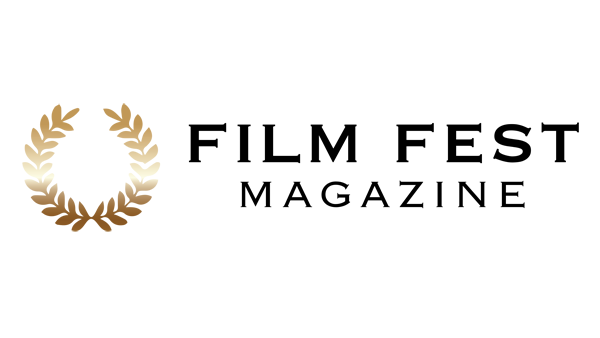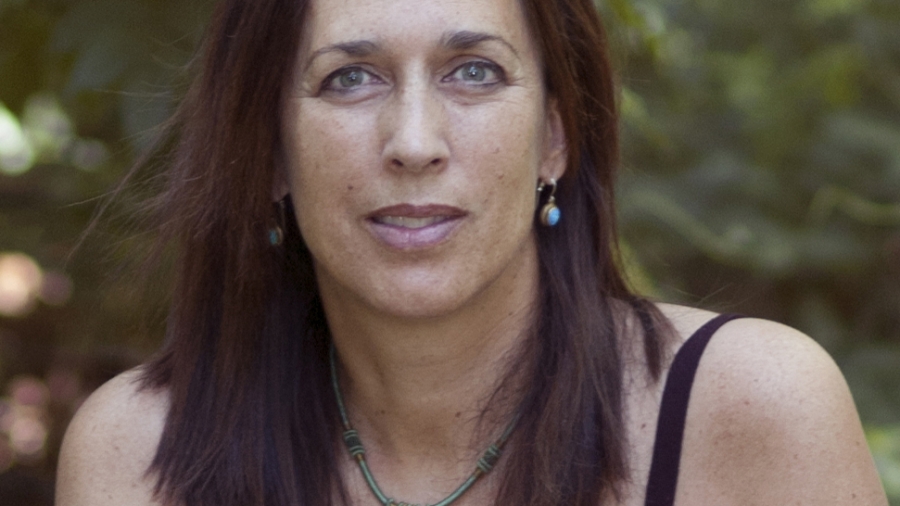[Note from the Editor: This article was updated on Tuesday, October 20, 2020 to amend errors in information previously published.]
Writer Julieta Gozalo meets with Cid Collins Walker to talk about her journey with Chesapeake Film Festival, the transition into virtual programming for festivals this year, and social obligations and impact artists have during this time in our history.
When did you start working at Chesapeake Film Festival?
My film, Arc of Light: A Portrait of Anna Campbell Bliss, was shown at the festival in 2015. I was asked to speak after the film, and my film came out at the National Museum of Women in the Arts. That’s how they heard about me and asked me to be involved in the festival. This is my fifth year working on the festival. I originally started on the board of directors, and then they asked me to be the artistic director. Now, I’m the festival director and that’s happened over the course of four years.
Did you find that the selection process differed for you this year since you knew that everything would be virtual? Or were you originally planning on having everything in person?
We are open for submissions beginning February 15. We have films recommended to us by board members and other significant industry members in the field. I go to Sundance almost every year to scout films. I had a very large programming committee this year. We deliberated for quite some time to determine whether we would be doing a live festival, or whether we would go virtual. And as we considered it very carefully, we decided that the timing would not be right yet to have a live festival.
We worked very hard to put together a really magnificent array of films from throughout the world, 46 films, as a virtual experience for the public this year. We’ve got films coming in from Chile, Argentina, United Kingdom, the Netherlands, Ireland, France, Italy, and of course many films from the United States.
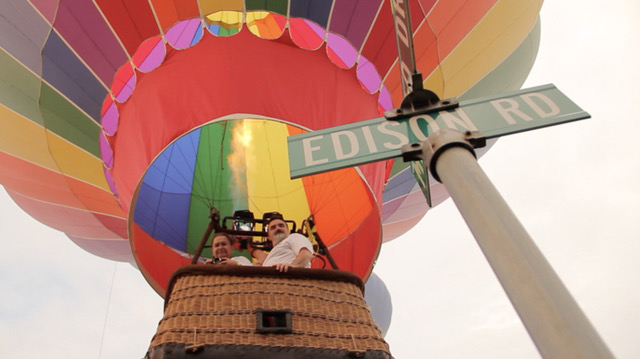
Still from the film Balloon Man (Chile).
How do you find ways to keep your audience engaged? Have you found that going virtual has positively affected your audience engagement since everyone seems to be constantly plugged in nowadays?
Some people feel like this is the bitter end. How could things get worse? It’s a wonderful thing to have the internet, and now we’re poised to share powerful, independent films and independent voices online in this kind of forum. This is the first time we will have ever done a virtual festival, so we can’t really say at this point what our numbers are going to be, but we’ve had tremendous local support.
The festival is really considering the challenges we’ve been faced with this year. We’re well positioned to continue our operation. We’re changing the location of our offices, we’ve been funded this year by some very exciting enterprises and agencies. We’re getting the support an organization such as this one needs in order to be able to move forward. It continues to be a great challenge because supporting the arts has always been a great challenge.
I saw Emanuel was chosen for the Jury’s Prize, due to the current unrest our country has been in recently, did you find it important in your programming to comment on what’s been going on?
We do feel it’s important. [Emanuel is] about a 21-year-old that opened fire in Emanuel African Methodist Episcopal Church in South Carolina, killing nine people. While difficult [to watch], the film goes right into the heart of so much that troubles us as a nation. But this film is also magnificently orchestrated.
This is a tough subject, but the reality is this country is experiencing something of a revolution. We live in a country that allows free speech, it encourages free speech. It’s important for people to express their point of view. We’ve been anticipating, not knowing exactly how the problems may manifest themselves. We think it’s very important for people to talk about what’s troubling them, but there’s not enough forums. That’s the other thing that’s great about film festivals. People are able to come together and discuss films, to talk about things that they feel. It’s so difficult now, because there’s so few forums where you can do that.
There’s many people and critics who say that celebrities and artists should stay out of politics. Do you feel festivals have a social obligation to speak on what’s happening politically?
I think festivals are critical for allowing forums for people to be able to express their points of view, whatever their points of view are. All of us believe it’s important for voices to come forward about what the issues are.
We have a second film in our festival I’d like to point out called After Parkland that’s about the Parkland shooting in the schools. It allows people to see the footage of what went on, what the school students did in an attempt to let their voices be heard, and why that was such a critical turning point regarding violence in schools. How long can students accept the level of violence that seems to be in our society now? How long are people expected to wake up every day and have these stories thrown in their faces? It’s time for that to be over.
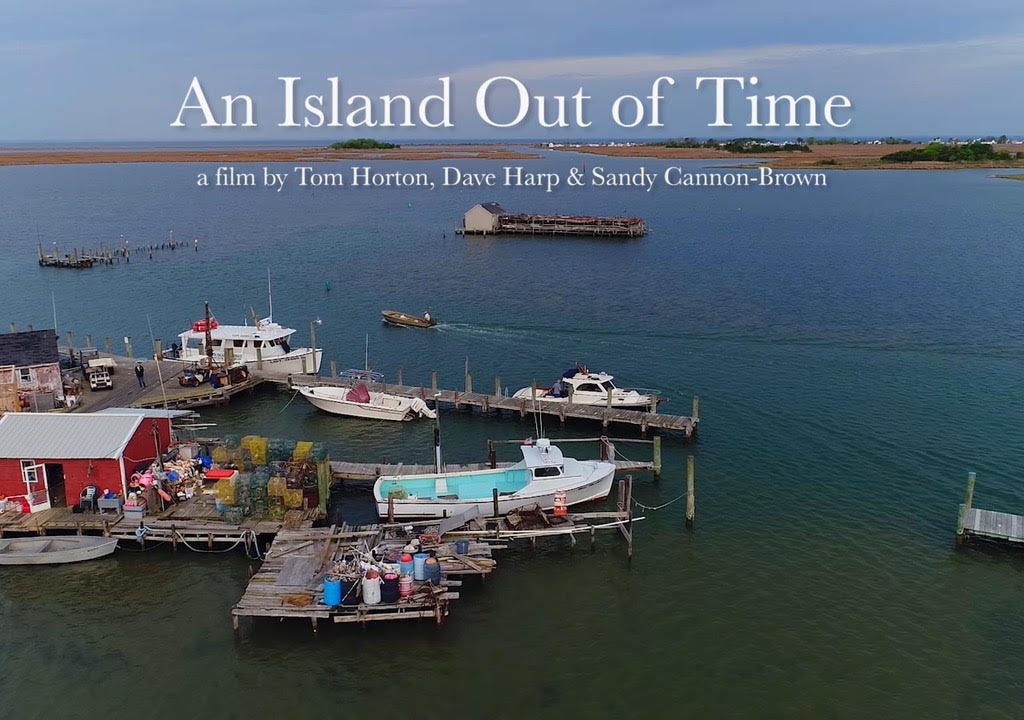
Poster for the documentary An Island Out of Time.
Do you think conservative points of view have been explored in arts?
It’s really interesting that we’re talking about this. One film came to us this year and we really sat on the fence a long time about it because it seemed to take up the issue of the right to bear arms. The 46 [films] we did accept took precedence because they were stronger films as far as the committee was concerned. It all comes down to votes, it’s a long elaborate voting process… it just didn’t make it in. I think there are certainly lots of conservative people making films. There are films being made every day for companies, corporations, and the government.
We really encourage people to submit their work, because we have a very broad and large panel of voters. Every now and then you will see an overtly political film, but it’s not normally what we receive.
The thing about independent films is that you’re not connected to larger corporations or larger entities that make you take a specific point of view. It encourages new ideas, new filmmakers. Part of our mission is to spearhead into the future so people can have a better idea of, not only our recent past, but what does the future bring? We try very hard to do things that are also very hopeful. Hopeful stories, positive stories, uplifting stories.
The DC, Maryland and Virginia area has a very robust film community. What would you say separates you from the rest of the film festivals in this area?
I would certainly say our environmental programming, because we’re right here on the Bay. I often leave details regarding our environmental programming to our vice president, who happens to be an environmental filmmaker. This year, we have a number of environmental films in the festival. We’ve got a film called Ghost Fleet, by Jon Bowermaster, we have Our Gorongosa, a film about Gorongosa National Parks in Africa. We also have a film directed by Maggie Burnette Stogner, called Unbreathable: The Fight for Healthy Air. It’s an important documentary because it teaches us about the nation’s efforts to initiate the Clean Air Act, but also for people with different types of health issues, children and other Americans, who are impacted by unhealthy levels of air production. An Island out of Time directed by Sandy Cannon-Brown, Tom Horton, and Dave Harp. It’s about the Chesapeake Bay’s waterman, seafood-harvesting culture and history.
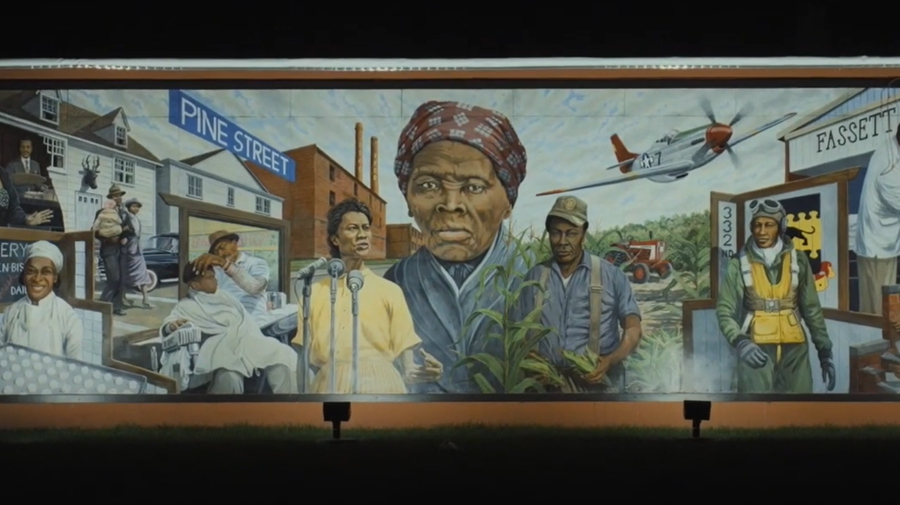
Still from the film You Don’t Know Nothin’ About Groove City.
Are there any other films that your followers and attendees should be on the look out for?
1) You Don’t Know Nothin’ Bout Groove City — Best Documentary Feature went to a local filmmaker this year. The film was produced in Cambridge, Maryland and directed by newcomer Cesar Gonzalez. This film is about the mid-70’s musical revolution with roots in the emerging New York City hip-hop scene that exploded on Pine Street. The film includes passages with Count Basie, Ella Fitzgerald and James Brown while exploring the racial tensions that continue to divide the town where Harriet Tubman was born.
2) Imaginarius — Best International Film — Imaginarius directed by Juan Ignacio Bello from Chile. The story unfolds when a total eclipse draws thousands of astronomers and tourists to the Elqui Valley of Chile. Amid the unusual frenzy that surrounds their town, four friends take a journey of learning and friendship.
3) Our new animation category led by our executive director Nancy Tabor where we highlight works from around the world including A Love Letter for the End of the World, Foreign Exchange, Lost Cat, Willow, Les Animaux Domestiques, the Bird and the Whale, CityBIRDS and Night Lights.
4) And last but definitely not least, catch the documentary The Life and Legend of Jane Goodall about the famous environmentalist Jane Goodall.
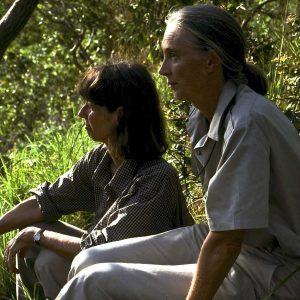
Still from the film Jane Goodall.
What are some ways the public can support the Chesapeake Film festival?
Even though our festival is being brought to you for free, we are asking for those who can, to make a small donation to help cover our expenses. So once you log on to our site, you will have an option to make a donation, in any amount should you be able to do so to help us with our mission.
To find out more about Chesapeake Film Festival, visit: https://chesapeakeffvirtual2020.com/festival/
